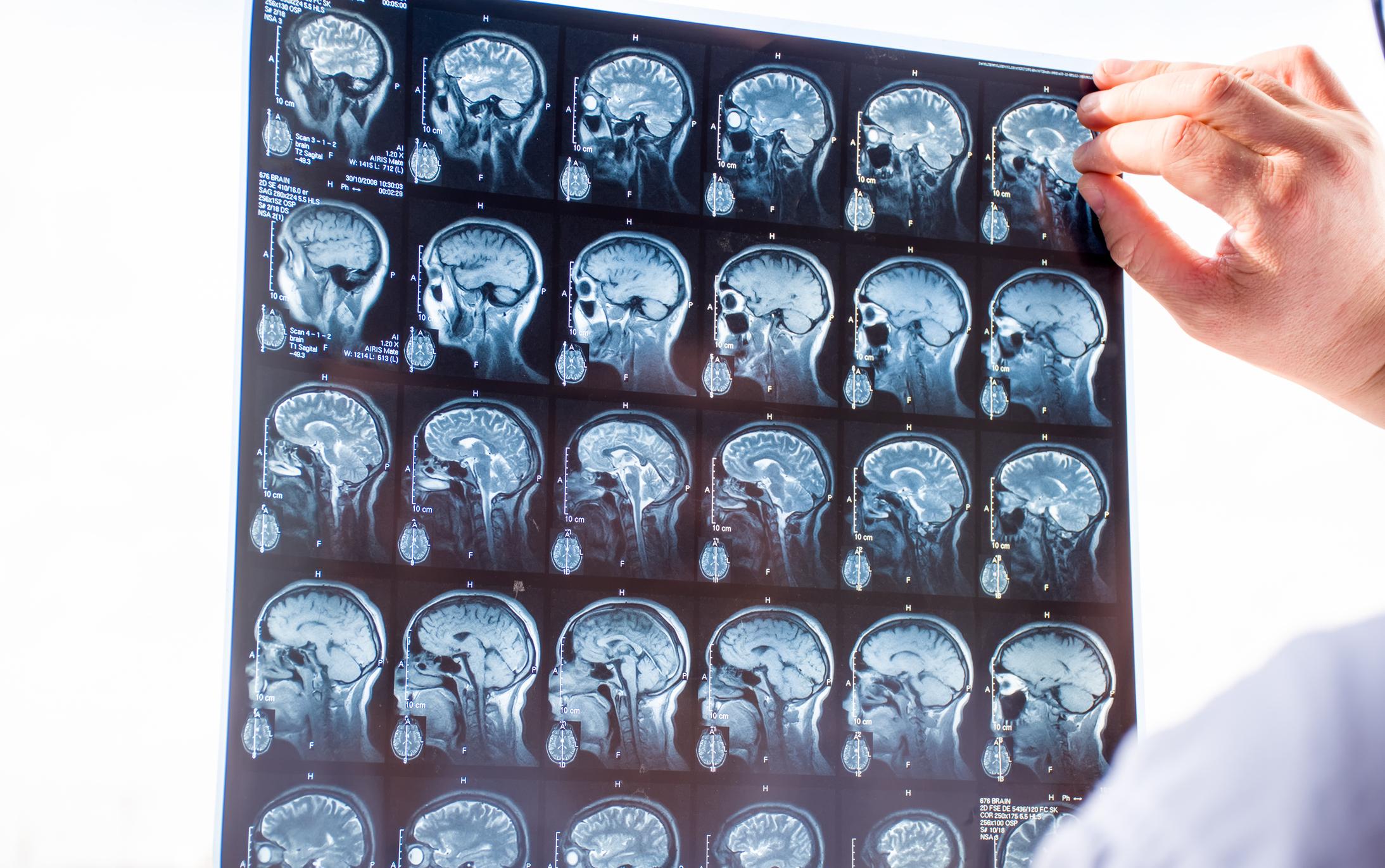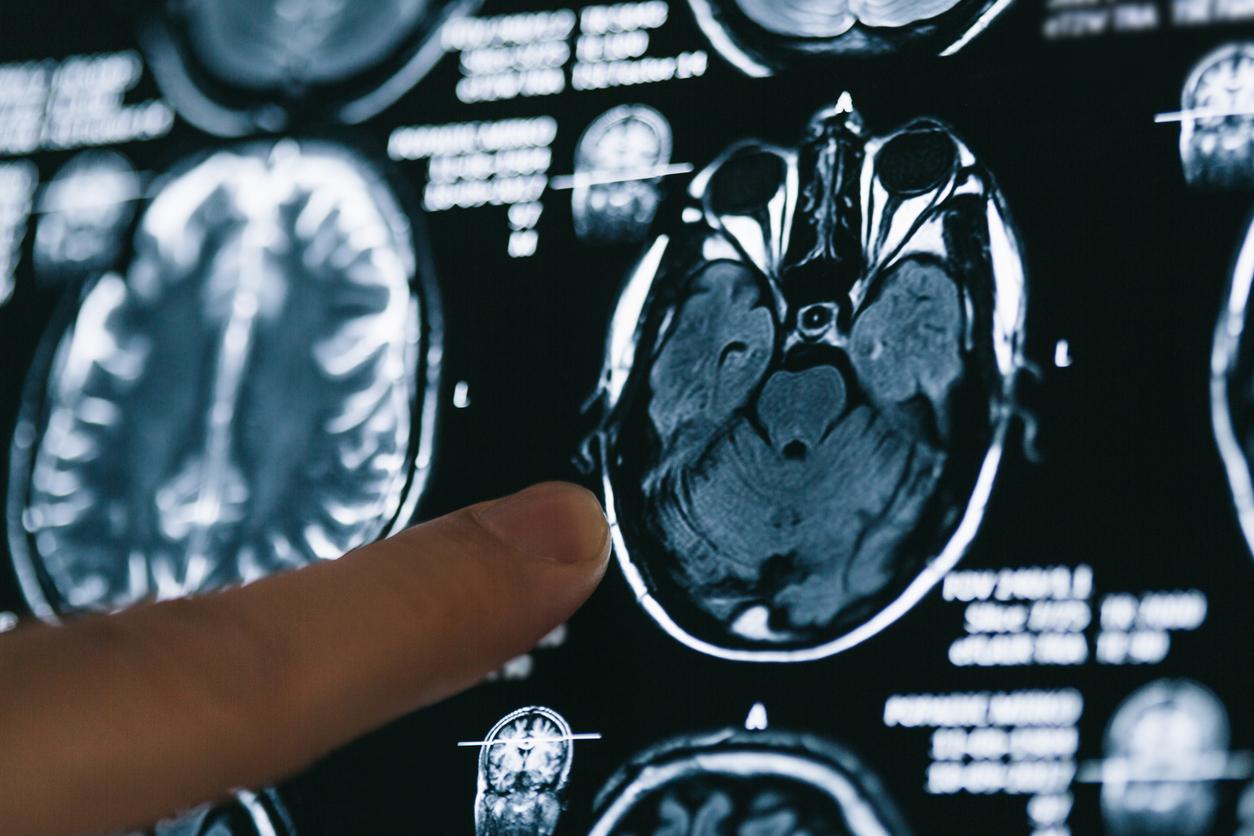Brain implants help prevent the symptoms of epilepsy, including seizures. In theory, they can alter self-perception or personality.

- Epilepsy is a disease with multiple causes: they can be genetic, infectious, traumatic, etc.
- In 60 to 70% of cases, drugs can treat the pathology.
- About a third of patients are refractory to treatment: that is to say, no medication can relieve their symptoms.
Epilepsy manifests as seizures, which can take different forms. They are caused by an abnormal and simultaneous discharge of neurons in a specific area of the brain. The treatment of seizures is the main issue in the management of the disease. This requires action on their cause, if it is known, on the aggravating factors, or even by surgery or medication. Some people do not respond sufficiently or at all to the different treatment options. To treat them, researchers have developed a brain implant. In AJOB Neurosciencethey present the results of a study conducted on its effectiveness.
An innovative “closed loop” system
In theory, these brain implants can have effects on self-perception and personality. This device is called “closed loop” : it monitors and decodes brain activity in order to automatically adjust the treatment – delivered by electrical impulses – based on internal algorithms. These implantable devices can provide more precise and personalized treatment than systems with “loop opened“, which are used to treat Parkinson’s disease and other conditions by applying pre-programmed stimulation to targeted areas of the brain.”Next-generation brain stimulation devices can modulate brain activity without human intervention, raising new ethical and political questions, explains Tobias Haeusermann, lead author of this study. Although there is much speculation about the potential consequences of these innovative treatments, very little is currently known about how patients feel about these devices being approved for clinical use.“
Research carried out with people with epilepsy and their families
The study started in 2013, after approval by the Food and Drug Administration, the US drug regulatory authority. Twelve patients and their family caregivers were followed for two years. “We found that brain implants did not transform patients’ self-esteem or personalitysays Tobias Haeusermann. Neither the long-term implantation of the electronic device in their brains, nor the electrical stimulation to modulate their brain function, resulted in changes in their perceptions of themselves – or in the perceptions of the patient by members of family and other people around them” The researcher says he is reassured by these results: in the United States, around 3,000 people have a brain implant of this kind. This type of device could be used in the treatment of other pathologies, such as the disease of Alzheimer’s, depression or after a stroke.

Below, the program Questions aux Experts on the theme “epilepsy, a disease still poorly understood”:
.

















